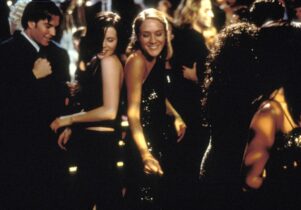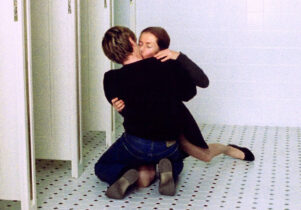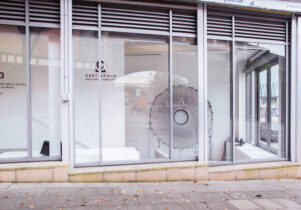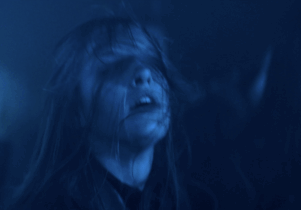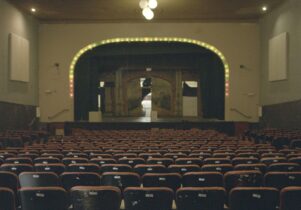Jeanne Dielman, 23 Quai du Commerce, 1080 Bruxelles at HOME
Tom Grieve, Cinema EditorBook now
Jeanne Dielman, 23 Quai du Commerce, 1080 Bruxelles
Always double check opening hours with the venue before making a special visit.
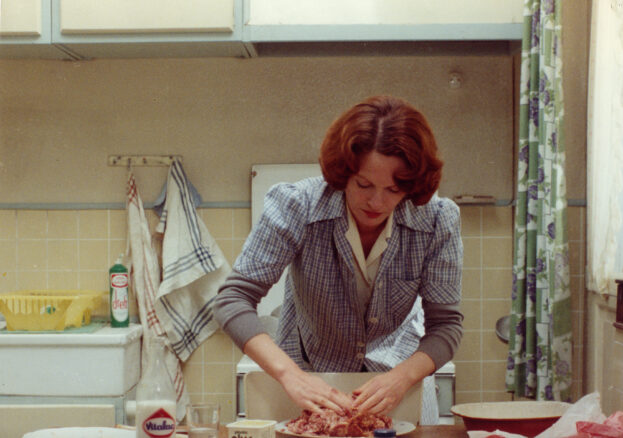
There was some surprise expressed when Belgian filmmaker Chantal Akerman’s Jeanne Dielman, 23 Quai du Commerce, 1080 Bruxelles came top of Sight & Sound’s prestigious once-a-decade poll to be named the Greatest Film of All Time in 2022.
The 1975 film had been steadily gaining recognition, but the result earned Akerman’s second feature new audiences. It’s a film created outside of the Hollywood apparatus that spawned previous poll-toppers, Vertigo and Citizen Kane and one that makes different demands of its audience – ones that a new generation of Sight & Sound voters have found significant value in.
Jeanne Dielman could be described as an exercise in time and space, with Akerman using its 200-minute duration to stretch the audience’s ideas of cinema, following three days in the life of a widow, played by Delphine Seyrig. Writer Ivone Margulies describes the film as a “a radical experiment with being undramatic, and paradoxically with the absolute necessity of drama.”
Jeanne Dielman could be described as an exercise in time and space, with Akerman using its 200-minute duration to stretch the audience’s ideas of cinema
We watch as Dielman does housework, peels potatoes and occasionally works as a prostitute. Akerman shows us many of the chores in something like real time from a fixed camera, in wide-angle. In repeating Dielman’s routines, and emphasising any deviation from those routines, she invites the viewer to engage with ideas of women’s labour, monotony and alienation, with domesticity and sexuality.
Indeed, Jeanne Dielman benefits enormously from the quiet and meditative space of the cinema, where audiences can tune into its rhythms, distraction free. It’s exciting to see the Sight & Sound poll has given Akerman’s film a new lease of life, and this nationwide re-release is most welcome.
